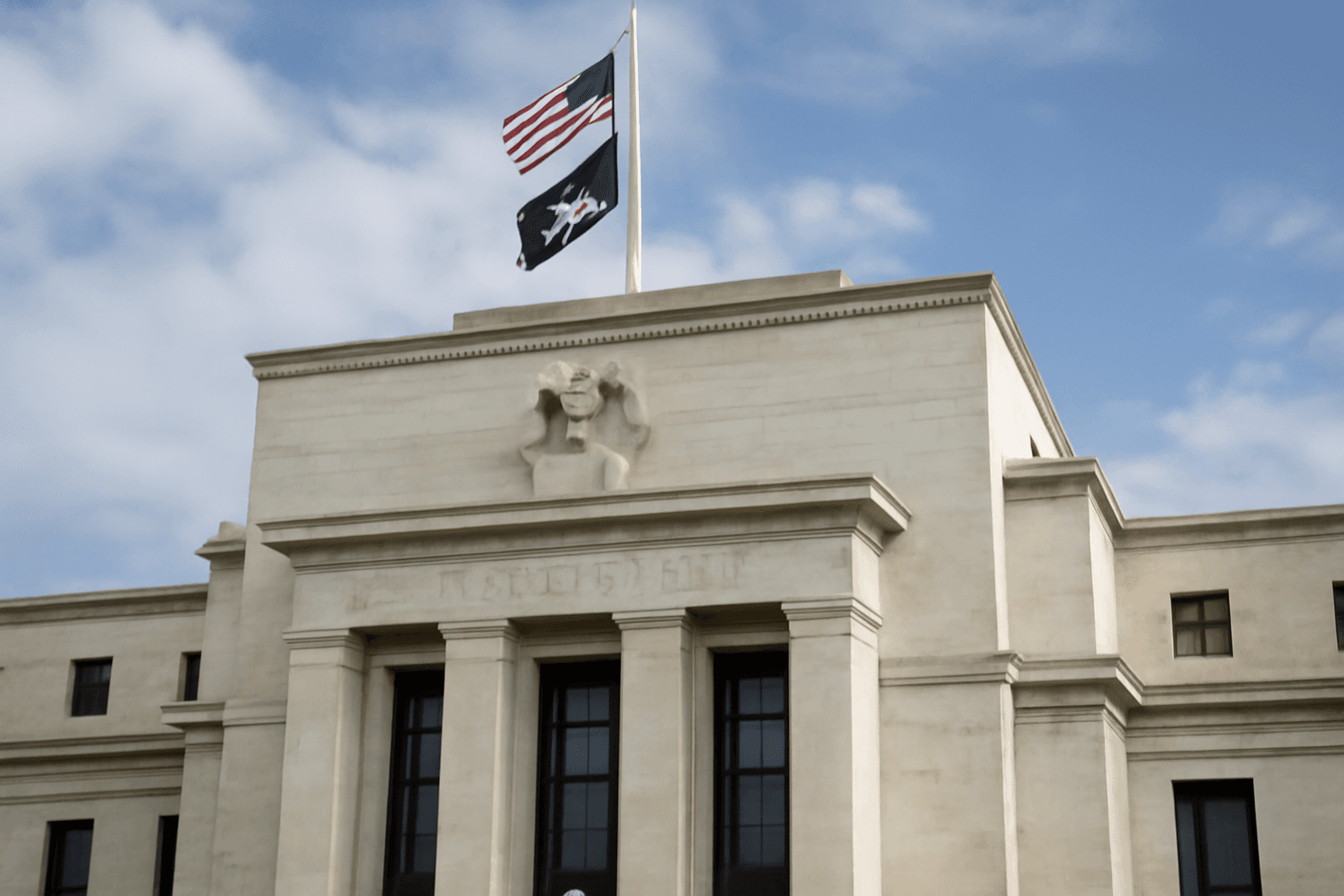JPMorgan and Coinbase Forge Groundbreaking Partnership to Facilitate Crypto Purchases
A New Era for Banks and Cryptocurrency Integration
In a decisive move that signals the mainstreaming of digital assets, JPMorgan Chase, one of America's foremost banking institutions, announced a strategic partnership with leading cryptocurrency exchange Coinbase. Beginning fall 2025, JPMorgan credit cardholders will be able to directly fund their Coinbase wallets using their Chase credit cards, enabling seamless cryptocurrency purchases.
Why This Partnership Matters
Just a few years ago, major banks approached cryptocurrencies with caution, wary of regulatory and volatility risks. However, the digital asset landscape has evolved rapidly, driven by increased consumer demand and clearer regulatory signals, especially in the United States. This collaboration represents more than a convenience for consumers — it underscores a pivotal shift where traditional finance embraces the crypto economy.
Key Features and Timeline of Integration
- Fall 2025: Chase credit cards become viable funding sources for Coinbase wallets.
- 2026: Customers will gain the ability to redeem Chase credit card rewards points for USDC, a widely used, U.S. dollar-pegged stablecoin.
- Users can link their bank accounts directly with Coinbase to streamline crypto buying.
Stablecoins like USDC are increasingly central to bridging traditional finance and blockchain ecosystems, offering protection against typical cryptocurrency price swings and facilitating low-cost, instantaneous transactions.
Market Impact and Investor Confidence
The announcement sparked a 3% uptick in Coinbase’s shares in early trading, reflective of investor optimism. Coinbase’s stock has soared approximately 50% year-to-date, now positioning the company at a robust market capitalization near $95 billion. The firm’s recent inclusion in the S&P 500 index marks a significant milestone, symbolizing institutional acceptance of crypto platforms.
Broader Implications for Crypto Adoption and Regulation
With the cryptocurrency market nearing a $4 trillion valuation, momentum continues to build towards mainstream adoption. Industry analysts, including those at BCA Research, highlight legislative developments like the proposed GENIUS Act as catalysts propelling widespread acceptance of digital assets.
As regulatory frameworks clarify, particularly in the U.S., platforms and financial institutions are better equipped to innovate responsibly. JPMorgan and Coinbase’s partnership exemplifies how traditional finance is transforming from cautious observer to active participant in the evolving ecosystem.
Expert Insight: What This Means for Consumers and the Financial Landscape
Financial experts suggest that this integration could lower barriers for everyday investors seeking exposure to cryptocurrencies, blending convenience with established banking infrastructure. However, consumers should remain aware of credit card-related risks such as fees and interest on crypto purchases, an area industry watchers stress needs careful regulation.
Moreover, this partnership highlights ongoing questions about compliance, security, and consumer protections—issues that policymakers and regulators will continue to scrutinize as the boundaries between traditional finance and decentralized assets blur.
Editor’s Note
JPMorgan’s collaboration with Coinbase marks a watershed moment in cryptocurrency adoption, reflecting broader shifts in how financial institutions view digital assets. While the integration promises enhanced accessibility and convenience for users, it also raises important considerations around regulatory oversight, financial literacy, and the evolving role of stablecoins in everyday transactions. As the crypto ecosystem matures, staying informed and critically aware will be essential for consumers navigating this new frontier.



















